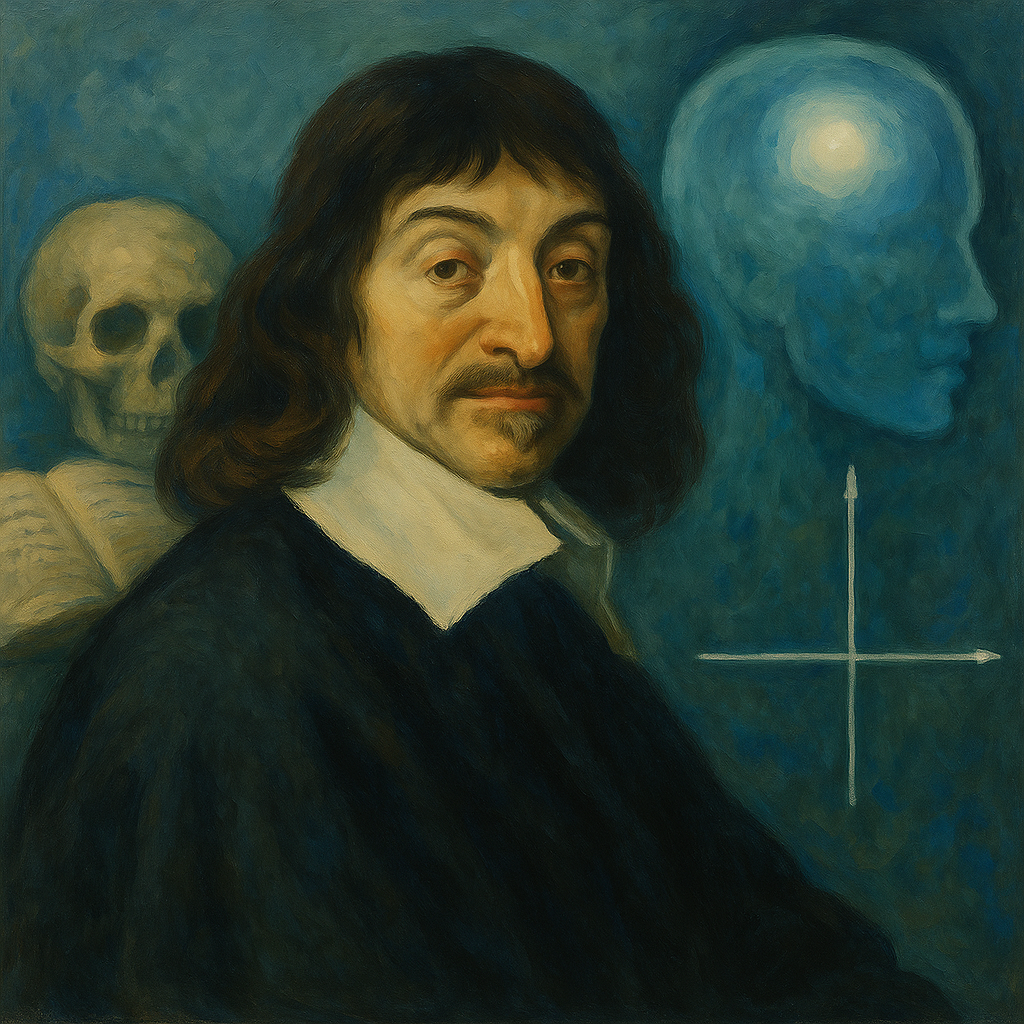In the realm of philosophy, few thinkers have cast as long and as profound a shadow as René Descartes. A central question arises: Are we still living in Descartes’ shadow? This inquiry prompts us to explore how his ideas have influenced modern thought and continue to shape contemporary discussions.
Understanding Descartes’ Influence on Modern Philosophy
René Descartes, often regarded as the father of modern philosophy, introduced concepts that have become foundational not only in philosophy but also in fields such as science and psychology. His work, particularly Cartesian dualism, explores the relationship between mind and body, sparking philosophical debates that continue to engage thinkers today.
Cartesian Dualism: A Lasting Legacy
Cartesian dualism posits a distinction between the mental and the physical, suggesting that the mind and body are separate entities. This dualistic perspective has influenced various areas, including:
* Psychology: influencing theories about consciousness and mental health.
* Cognitive Science: shaping the understanding of human cognition.
* Artificial Intelligence: impacting discussions about machine consciousness.
According to recent studies, Cartesian principles still resonate in contemporary thought, affecting how we view identity and consciousness. The implications of Descartes philosophy can often be seen in debates surrounding free will, morality, and existentialism.
The Philosophical Implications of Descartes Today
Are We Still Living in Descartes’ Shadow?
To truly examine whether we are still living in Descartes’ shadow, we must look at the impact of his ideas on contemporary philosophy. Descartes’ emphasis on rationalism and skepticism laid the groundwork for future philosophical inquiries. Today, these principles continue to influence:
* Ethics: The discourse on moral philosophy often draws on Cartesian thought, dissecting the intersection of rationality and morality.
* Existentialism: Philosophers like Sartre and Kierkegaard have responded to and expanded upon Descartes’ ideas, demonstrating his enduring legacy.
Key Takeaways on Descartes’ Relevance
1. Continued Relevance: Descartes’ impact is evident in ongoing discussions about the nature of reality and existence.
2. Philosophical Debates: He remains a reference point for philosophical debates post-Descartes that question the essence of human experience.
3. Interdisciplinary Influence: Descartes philosophy transcends mere academic discourse, influencing fields such as neuroscience and artificial intelligence.
As we ponder if we are still living in Descartes’ shadow, consider how these discussions shape your understanding of modern thought.
Impact of Descartes on Science
Descartes’ influence on science cannot be understated. His methodological skepticism encouraged a systematic approach to inquiry. This scientific method still serves as a backbone for empirical investigation today.
* In physics, his laws of motion informed early ideas of mechanics.
* The Cartesian coordinate system revolutionized mathematics and geometry, a tool still vital in modern sciences.
Research and Findings
Scholars argue that Descartes’ approach laid the foundation for modern scientific inquiry. According to research from Government Research Database, many scientific methods today are direct descendants of Cartesian suspicion and rationality. This evidence indicates that Descartes remains a pivotal figure in our understanding of the scientific process.
Conclusion on Descartes’ Legacy
In summary, are we still living in Descartes’ shadow? Yes, in many ways, we are. His contributions to rationality, science, and philosophy resonate through the ages, shaping contemporary discourse. His legacy encourages a mindset of inquiry that fuels ongoing exploration in both philosophy and science.
For readers interested in diving deeper into Cartesian thought, consider exploring more studies on his impact in modern philosophy through Academic Research Portal (link).
How do you see Descartes’ influence in your field or daily life? Feel free to share your insights in the comments below.
By exploring this question, we not only honor Descartes but also enrich our understanding of the interplay of ideas that constitute our current philosophical landscape.
